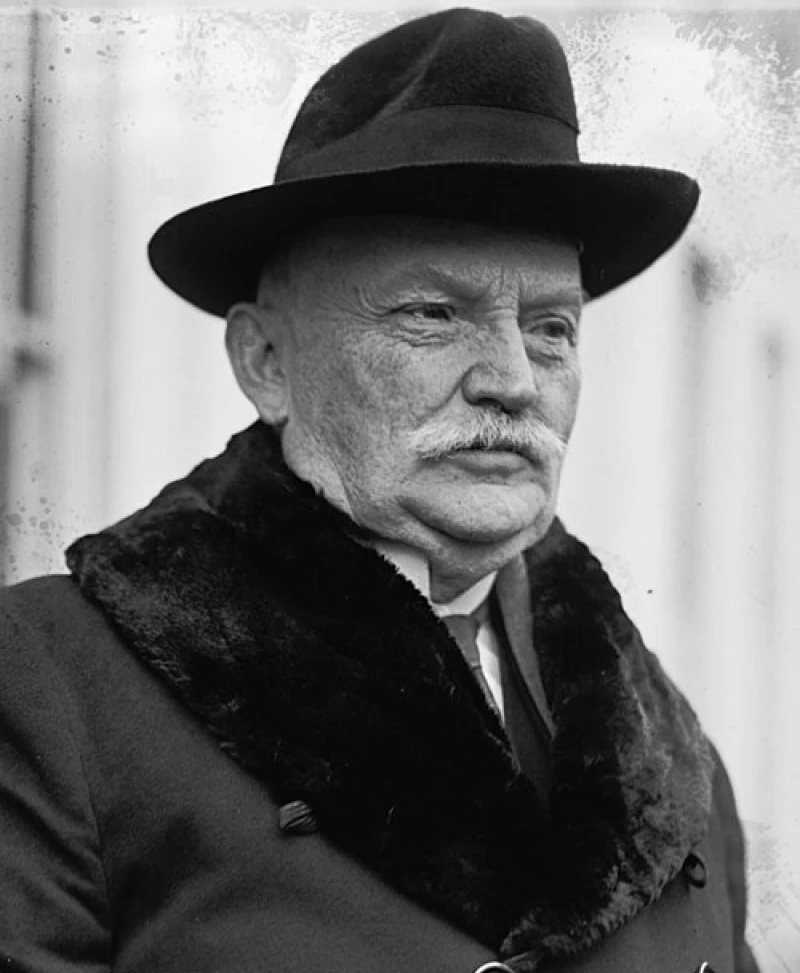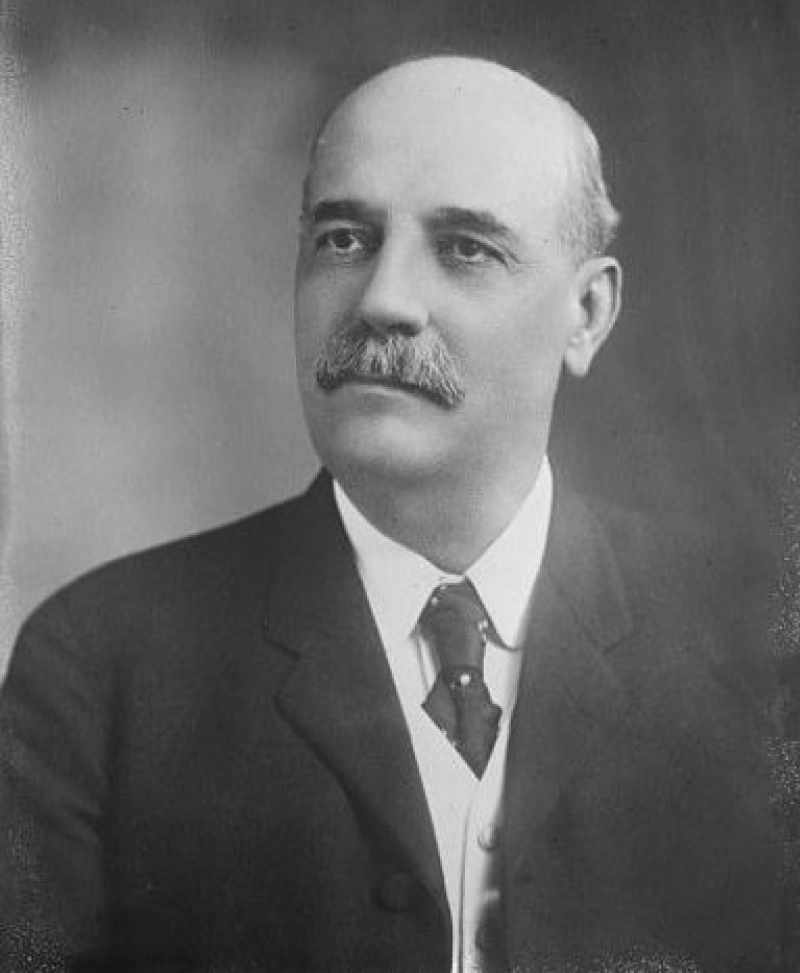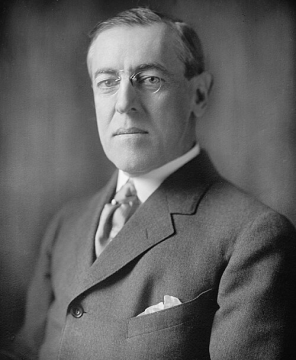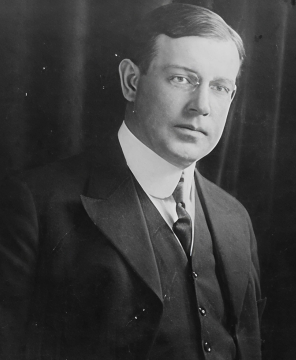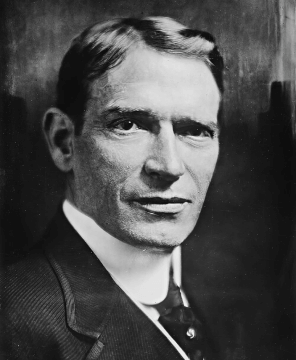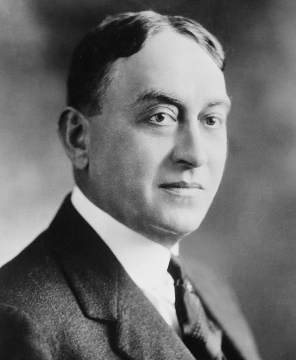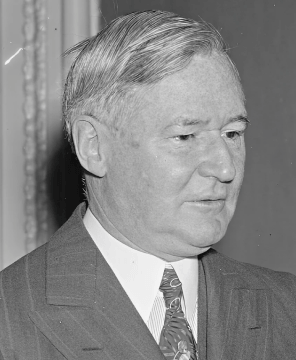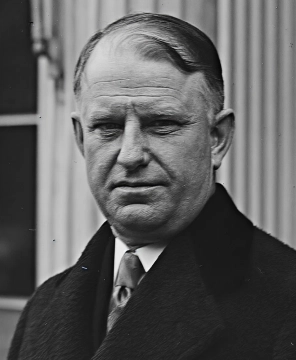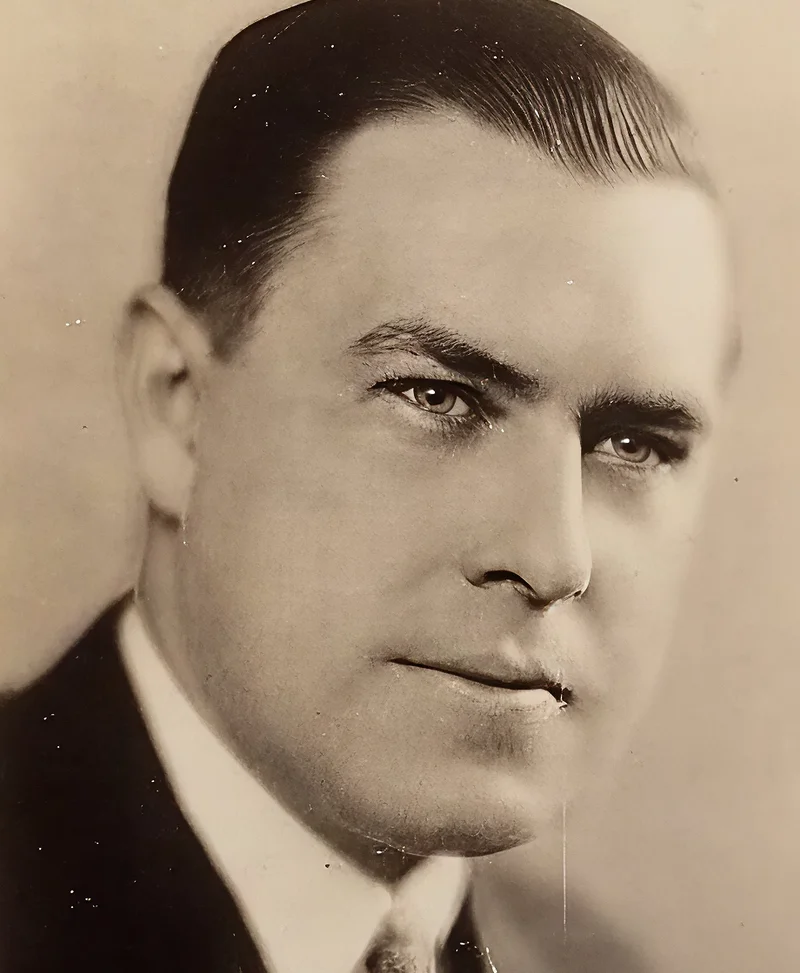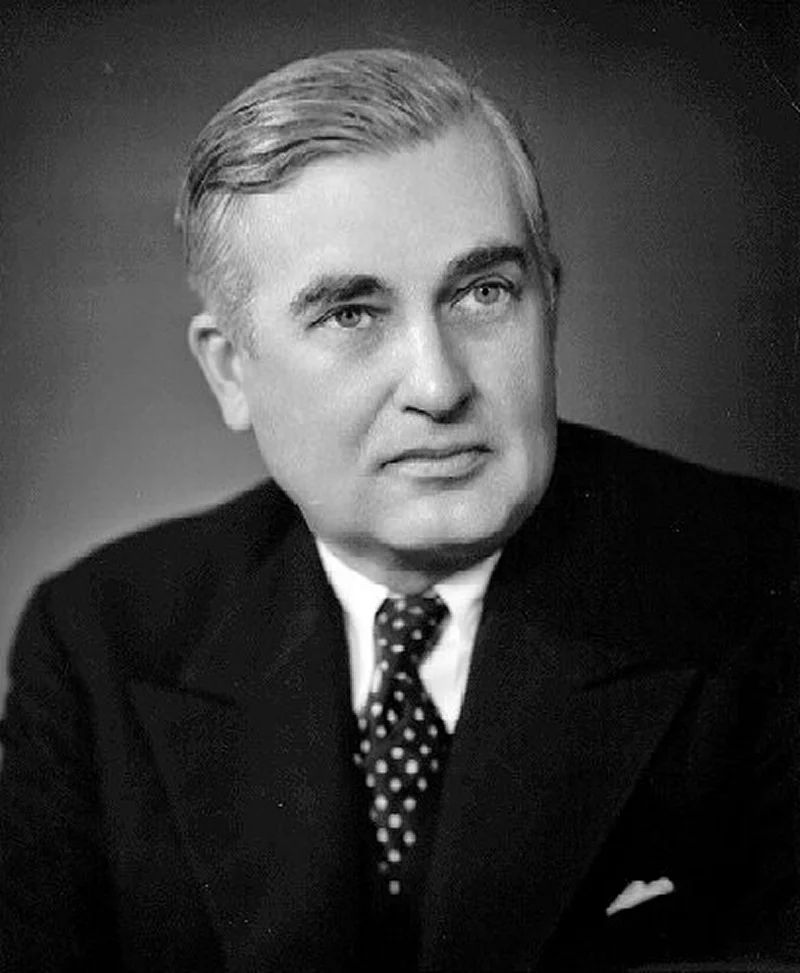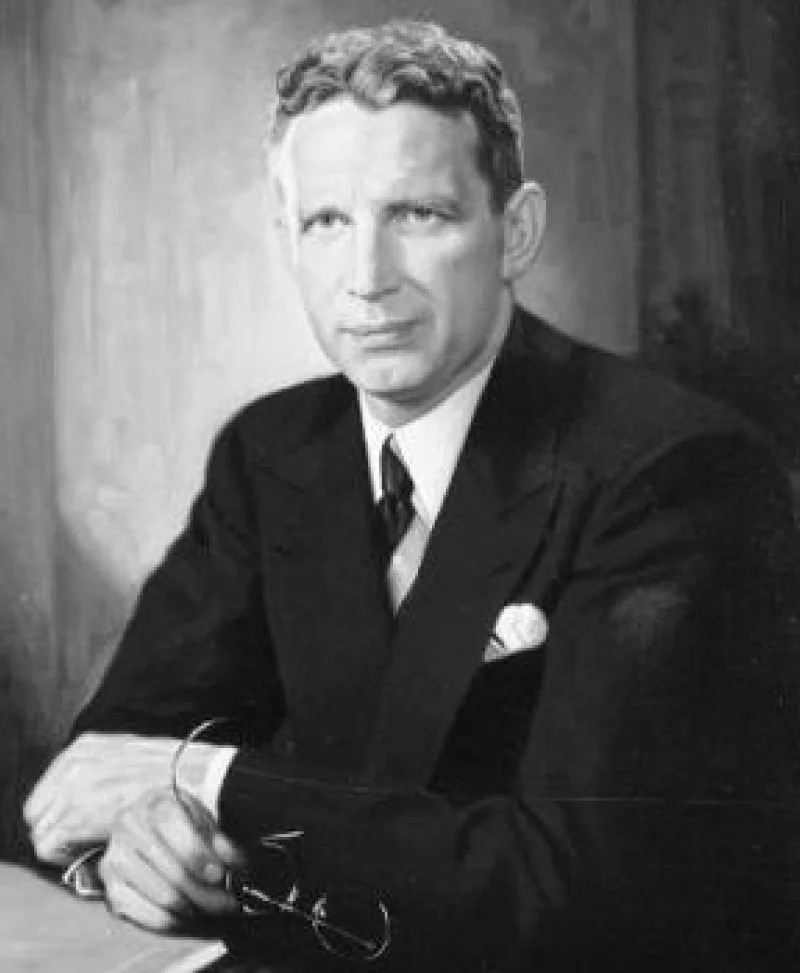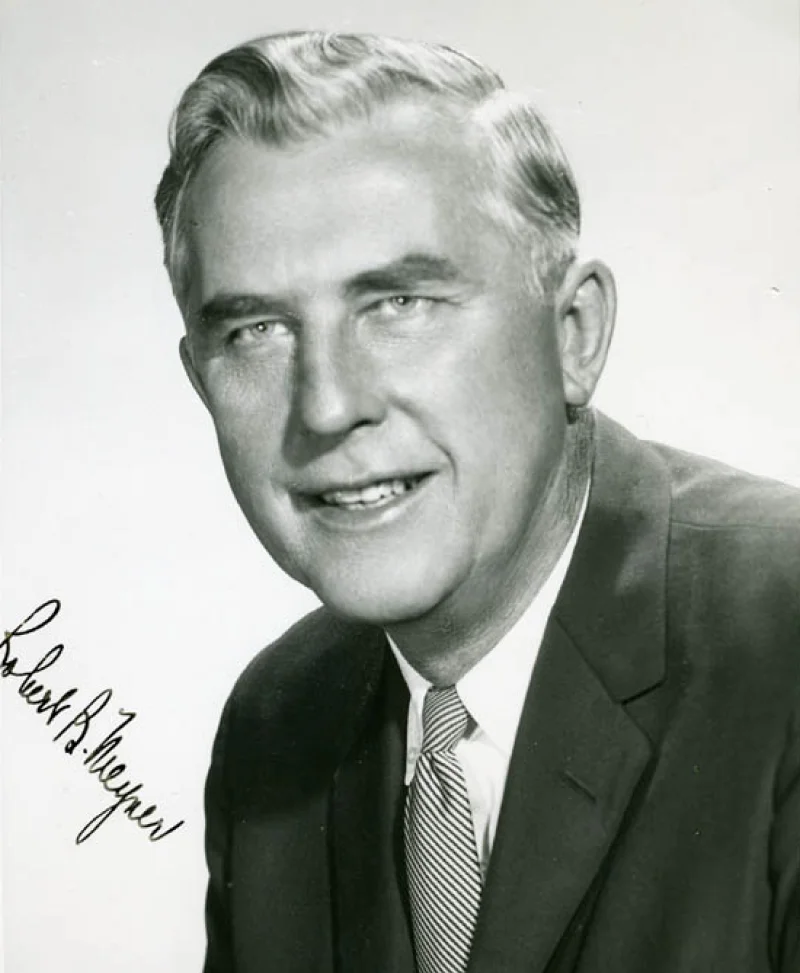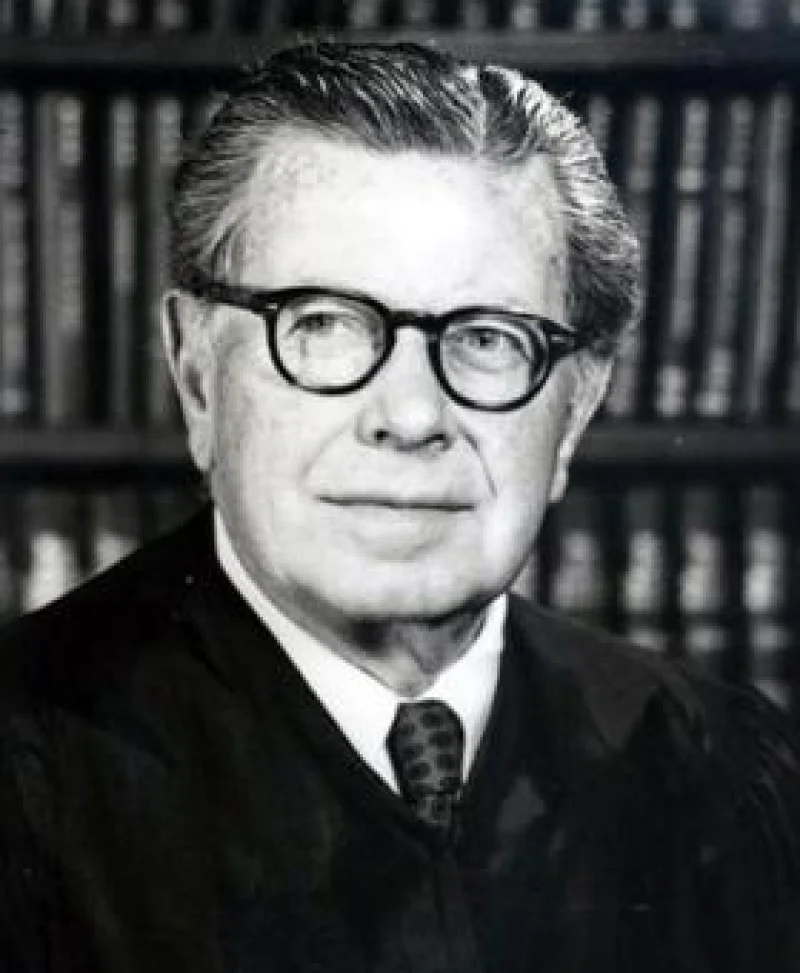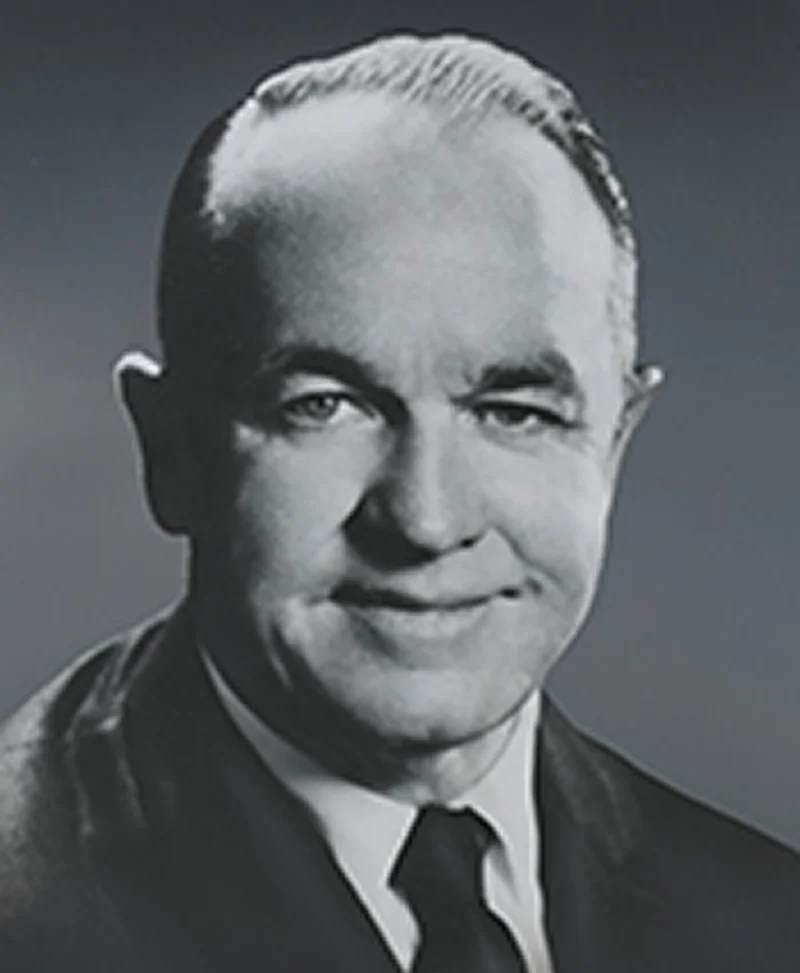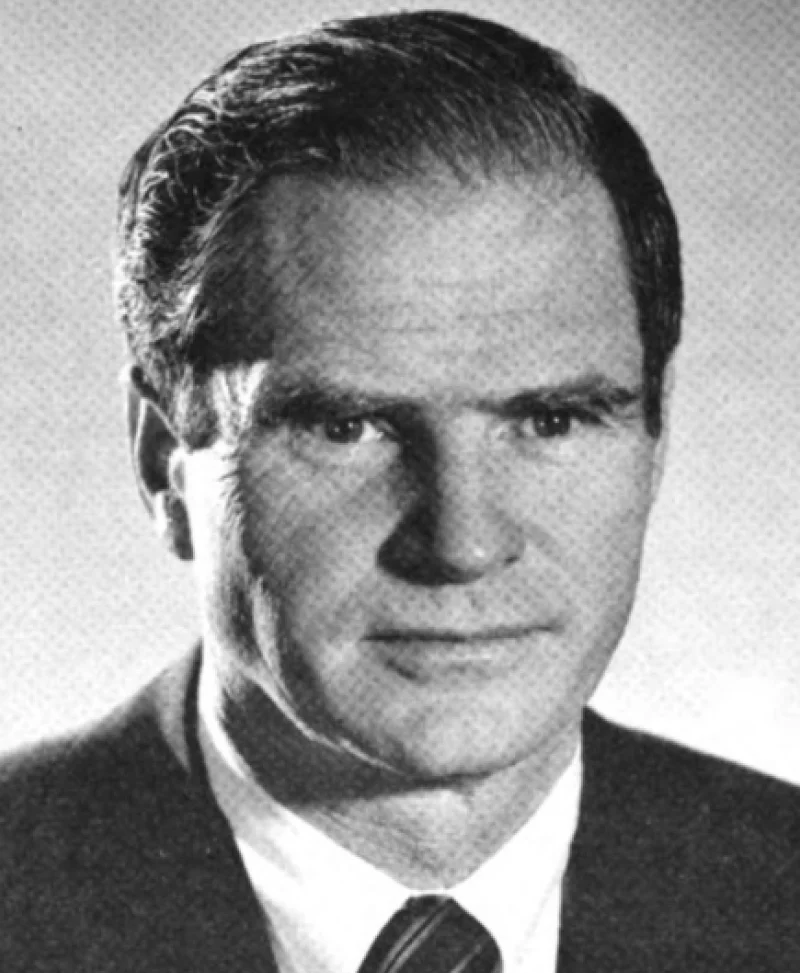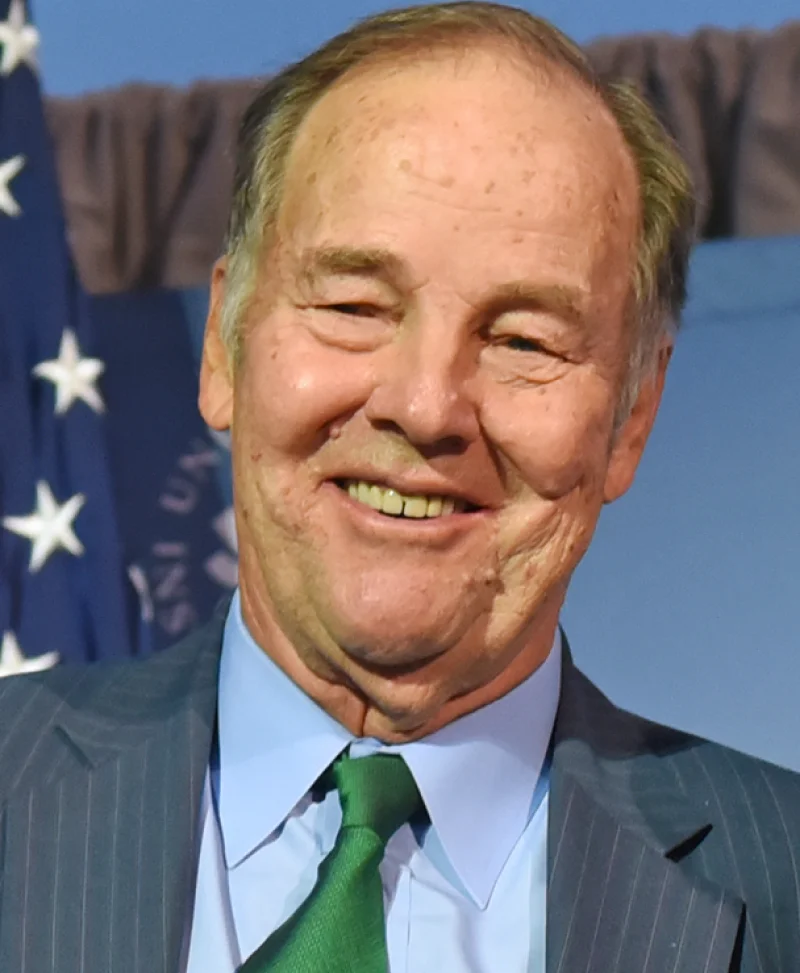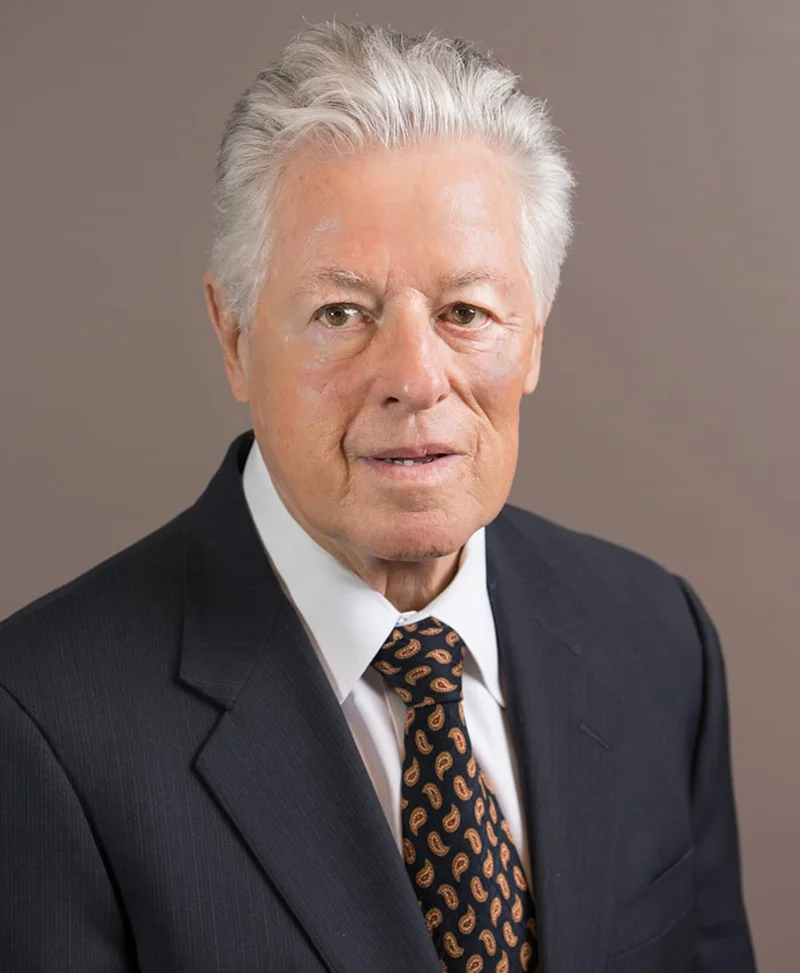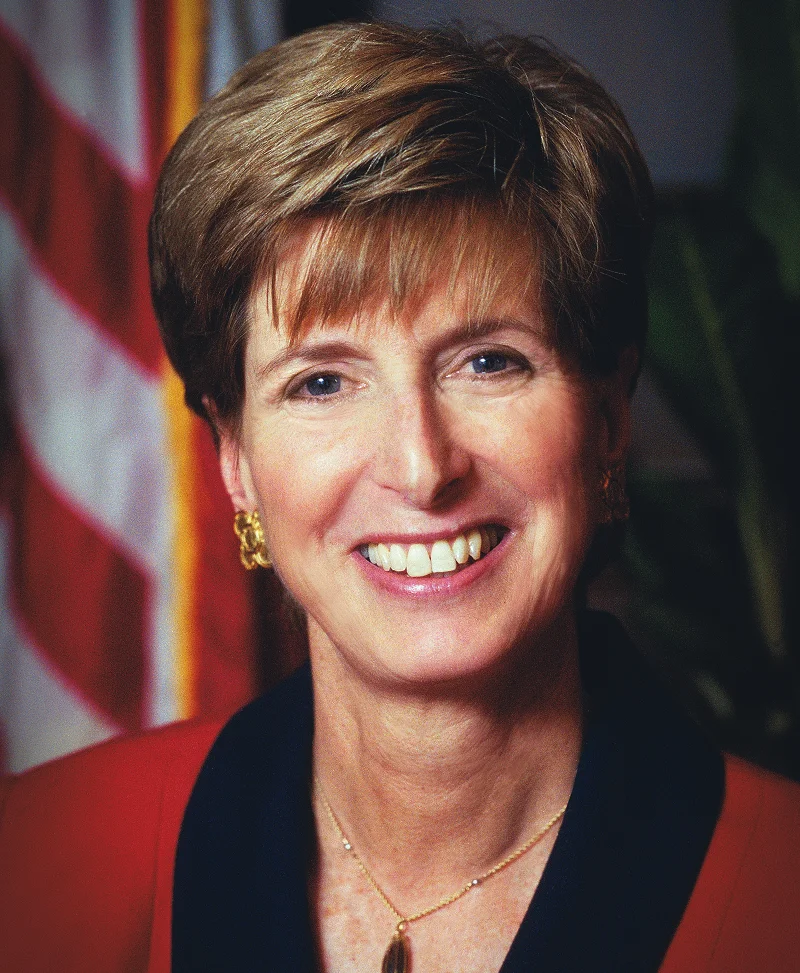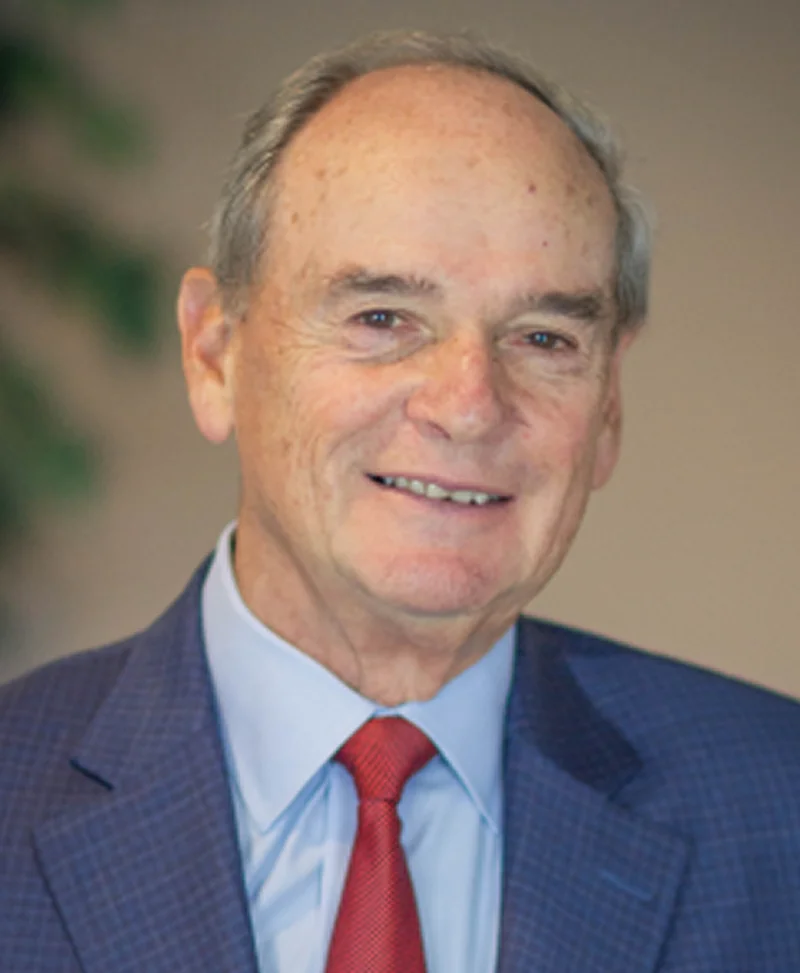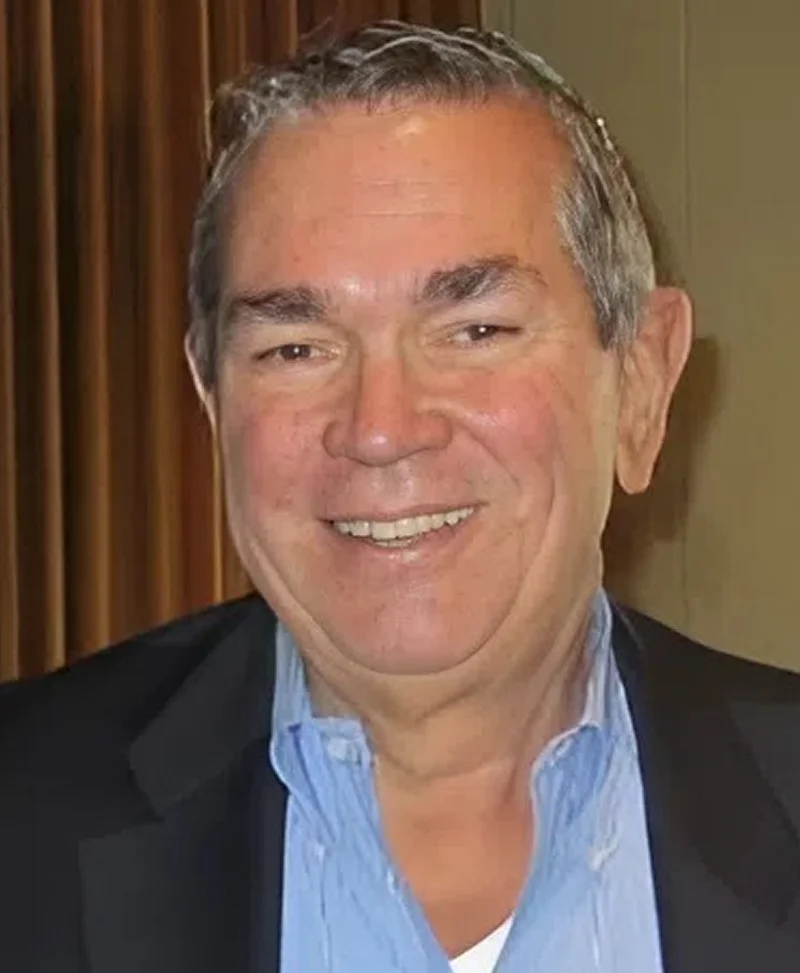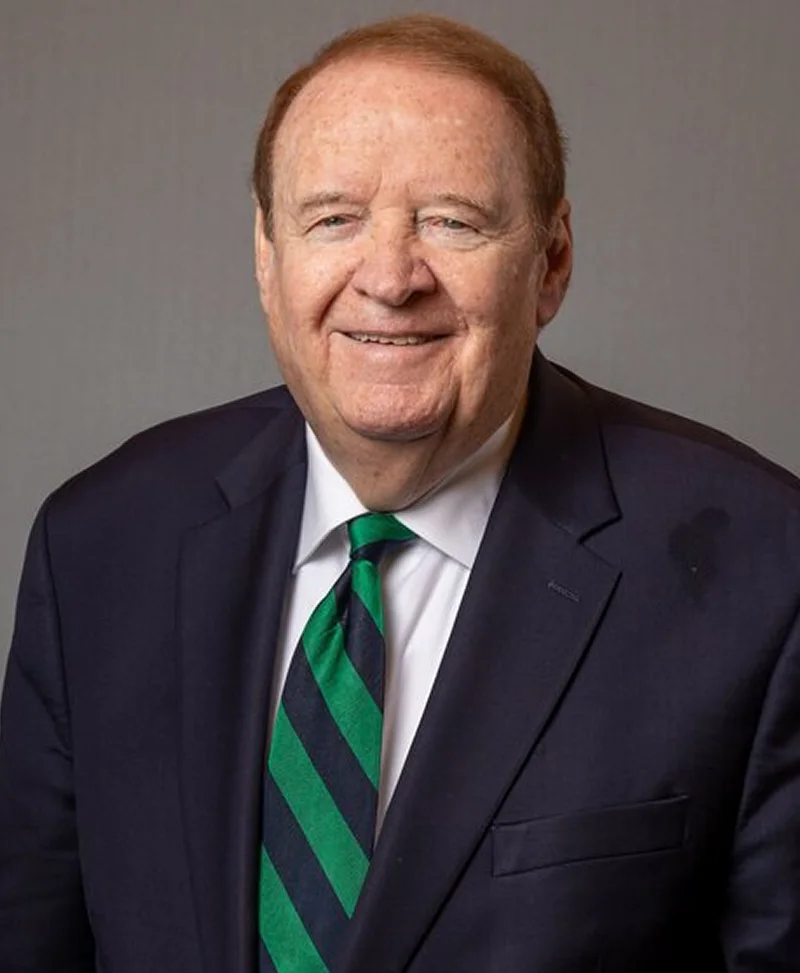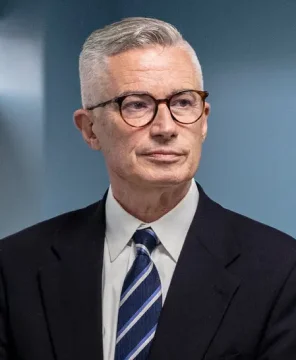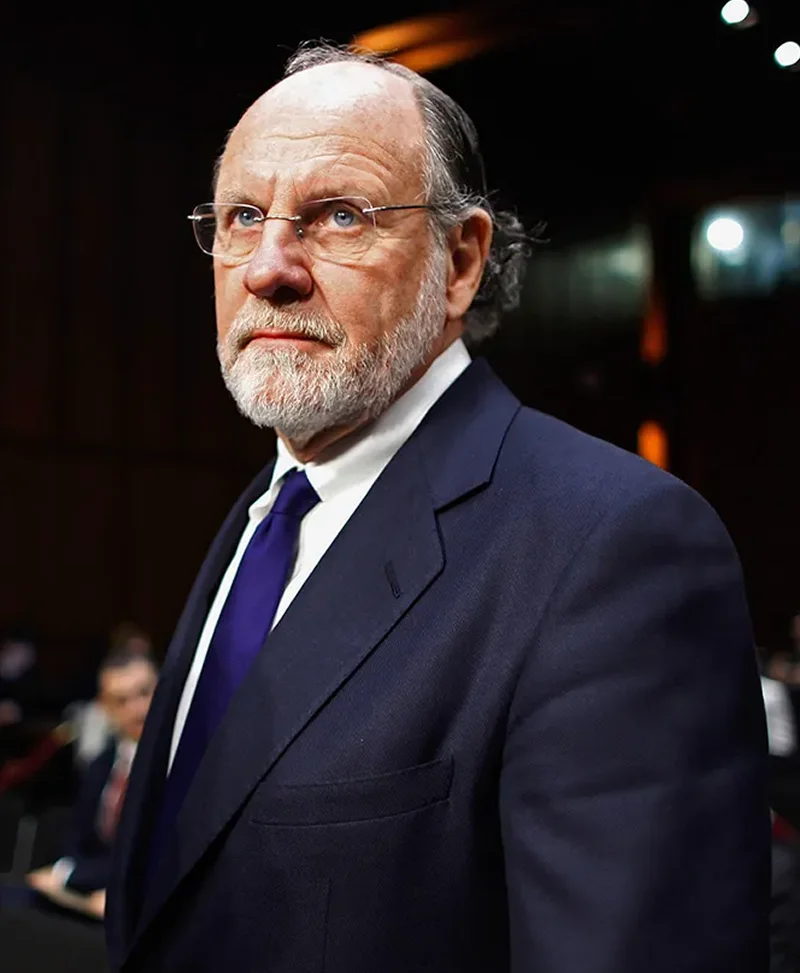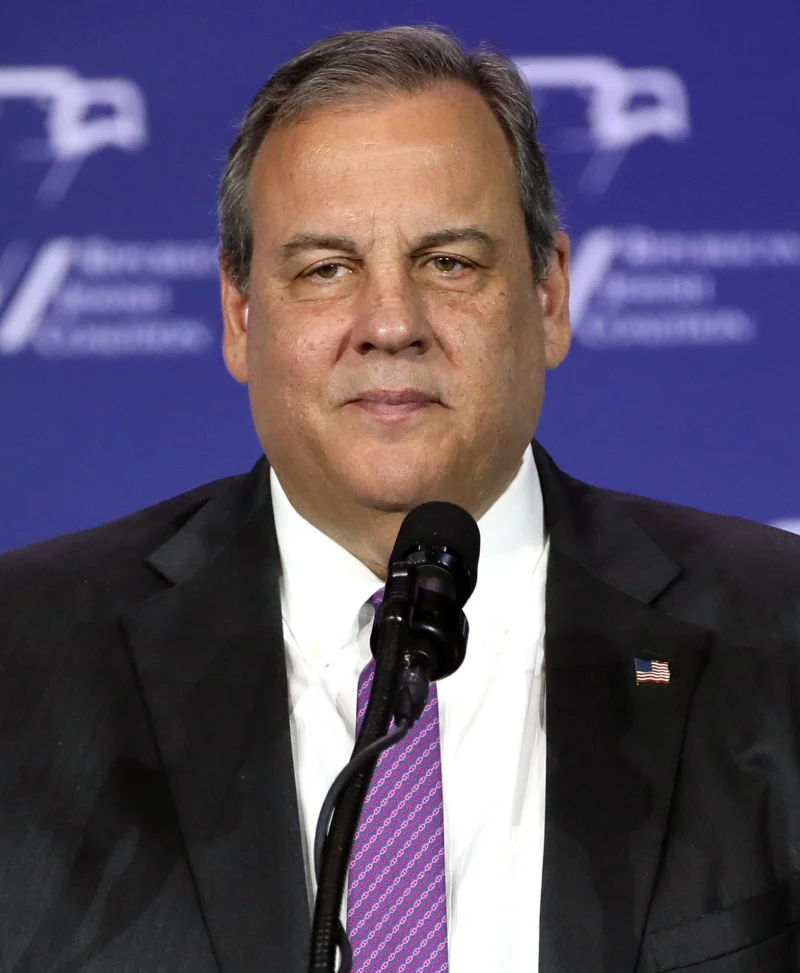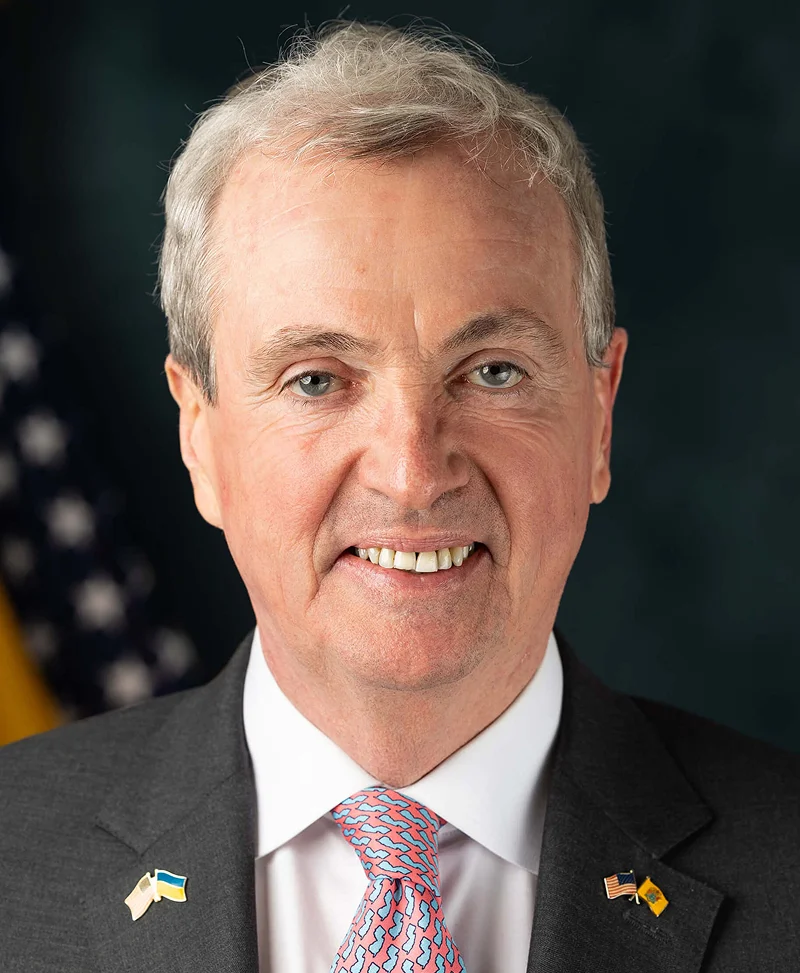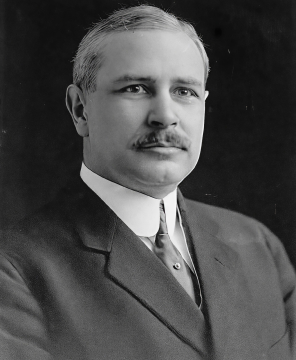
James Fairman Fielder
- Selleck School (Connecticut);
- LL.B., Columbia University (1887)
James Fairman Fielder
Early Life and Education
Born into a politically engaged family in Jersey City on February 26, 1867, Fielder was the son of George Bragg Fielder, a former U.S. Representative. He attended the boarding‐school‐style Selleck School in Connecticut before earning his law degree (LL.B.) at Columbia University in 1887. After admission to the bar, he began practicing law in Hudson County, establishing himself both as a lawyer and a civic figure.
Entrance into Politics & The Acting Governorship
Fielder’s political career advanced quickly: he served in the New Jersey General Assembly (1903–1905) and then in the State Senate (1907–1913), becoming Senate President in January 1913. When Woodrow Wilson resigned to become U.S. President, Fielder, as Senate President, assumed the role of Acting Governor on March 1 1913. He served until October 28 1913 after resigning to comply with constitutional provisions that barred an acting governor from immediately being elected to a full term.
Full Term as Governor (1914–1917)
Elected subsequently to a full term, Fielder took office on January 20 1914 and served until January 15 1917. His administration pursued progressive reforms: improving education, working‐condition laws, regulation of public utilities and corporate taxation, and modernization of state government. Though he faced political resistance, Fielder remained committed to the Wilson‐era reform agenda and left a mark on New Jersey’s civic landscape.
Later Life & Legacy
After leaving the governorship, Fielder served as vice‐chancellor of the New Jersey Court of Chancery and remained active in civic and legal circles. He died on December 2 1954 in Newark. Fielder is remembered for bridging the gap between the Wilson reform era and the modernizing wave of New Jersey state governance, distinguished by his two separate stints in office.

